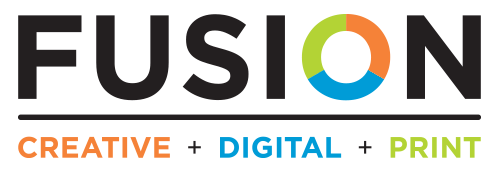We all know that personalization drives results, but what do consumers really want? And does personalization impact all consumers equally?
According to InfoTrends, consumers respond strongly to personalized mail. The research firm found that 84% of consumers say that personalization makes them "much more likely" or "somewhat more likely" to open mail. Yet businesses are not using this to their advantage. How do we know? Because these same consumers say they "rarely" or "infrequently" receive personalized mail.
This is truly a missed opportunity, especially among certain demographic groups. According to InfoTrends, personalization is more motivating to some consumers than others, particularly younger ones. For example, when asked whether personalization makes them more likely to open mail, here is how different groups responded:
Just over half of all consumers, regardless of age, say personalization makes them "slightly" more likely to open mail.
Among consumers aged 18–24, 35–49, and 50–65, the percentage saying personalization makes them "much more likely" to open mail is about 30%.
Among those aged 25–34, however, the percentage saying personalization makes them "much more likely" to open mail rises to 36%.
You might expect consumers to be inundated with personalized mail with these numbers, but research shows the opposite. Only 24% of consumers say they are "frequently" or "very frequently" receiving highly personalized direct mail. Forty-one percent say they only receive personalized pieces "once in a while." More than one-quarter (27%) say they receive personalized mail "rarely."
Fortunately, missed opportunities by competitors mean open doors for you. If you are already personalizing your mailings, keep it up! Invest in customer profiling. Build the depth of your database. Increase your level of precision. If you are not yet personalizing your mail, jump in. Get started before your competitors do.




